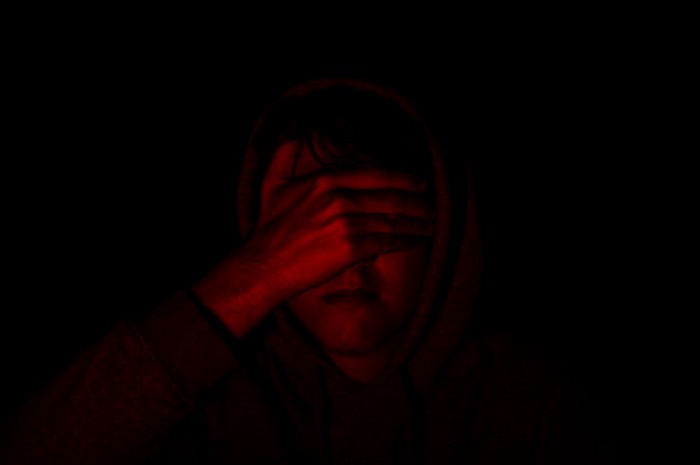When I started and then stopped writing this blog over four years ago, my husband and I were estranged from three of our four middle-aged children. Each of them found something about us unacceptable, and the “somethings” were different in each case.
“But you were always a good parent,” my father used to say, with an emphasis on the but. I don’t think my father thought I had done much of anything right in life. But he believed I somehow managed to parent well, despite all of my other failings.
My parents were Mennonite missionaries, and we kids never seemed to quite measure up to God’s work on the scale of relative importance. When I’m a parent I will get this right, I promised myself from a very young age. I was fortunate to have two kind-hearted kids, and when Ed and I got together there were four. And then they found partners and had children of their own, and then we totaled eleven. They were precious to me, and I wasn’t about to make the same mistakes my parents had made. I was going to make family the most important thing in my life. I was going to get this right.
I got it really wrong.
Family. Did I hold expectations about family that none of us could ever meet?
For years, Ed and I read books, talked to therapists, and consulted spiritual advisors, trying to come up with a plan to deal with the broken pieces that represented our family.
At one point Ed initiated a really scary train of thought. “They are unhappy with us; they are demanding that we change; apparently they are not interested in, willing to, or able to change themselves. We can roll over one more time because that’s the ‘right’ thing to do for family. Or we can ask ourselves, really, why are we doing this? If relationships with family are causing this much pain all around, why are we continuing them?”
He’s always so logical, my Ed, but nothing he said fit with my picture of “family,” damn it. And it scared the hell out of me.
“In America we have no good role models for being elderly parents today,” our spiritual advisor told us. “Historically, you raised your children, and once they were grown, you faded into the background (maybe helping out a bit on the farm or with the grandkids), and very soon you could die. Now we are living decades beyond when we have any useful role in our families. We simply have no good models to show us what to do under these conditions.”
We’ve made quite a bit of progress as a family since I began and then stopped writing this blog four years ago. Most of us are learning to be a little more compassionate about and tolerant of each other’s numerous imperfections. And yes, we are helping out a bit with the grandkids and we’re receiving incredible support from some of our children as we age.
But I’m still pondering these questions: What does being a good parent mean when you’re growing old and you learn that your adult children don’t like you the way you are? And what should adult children do when they find their elderly parents’ behaviors unacceptable?


Wow. Such tough questions. And questions that all families face.
Your progress gives us all hope.
Hugs!
Thanks, Jennifer! Yes, many families face these questions. Most don’t talk about them. It’s been called the “silent epidemic” for this reason. Maybe if we begin to talk about them, we can slow down the epidemic.
I appreciate the clear way you say this Marlena. As Derrith and I arrange our lives to be closer to our children’s families, we ask ourselves if we are perhaps too intrusive in their lives, will they reject us, perhaps for very valid and self sustaining reasons. I suspect we’ll find out and there will be joys and sorrows too.
On my mind,
Chris
Chris, I really appreciate your willingness to vulnerably share your thoughts and feelings about this important question. The line between too little and too much distance among aging parents and their adult children is probably different for every family. Clearly, Ed and I were sitting somewhere inappropriate on that line four years ago when our family broke apart. Maybe by sharing our experiences, we can help each other find our own unique and appropriate place. To add to the challenge, it’s probably a moving target. So let’s continue to share our triumphs and struggles along the way!
So many close friends have experienced family estrangement, and yet, it’s so rarely mentioned in mainstream media. It needs attention, and I applaud you for speaking out and bringing it to the forefront.